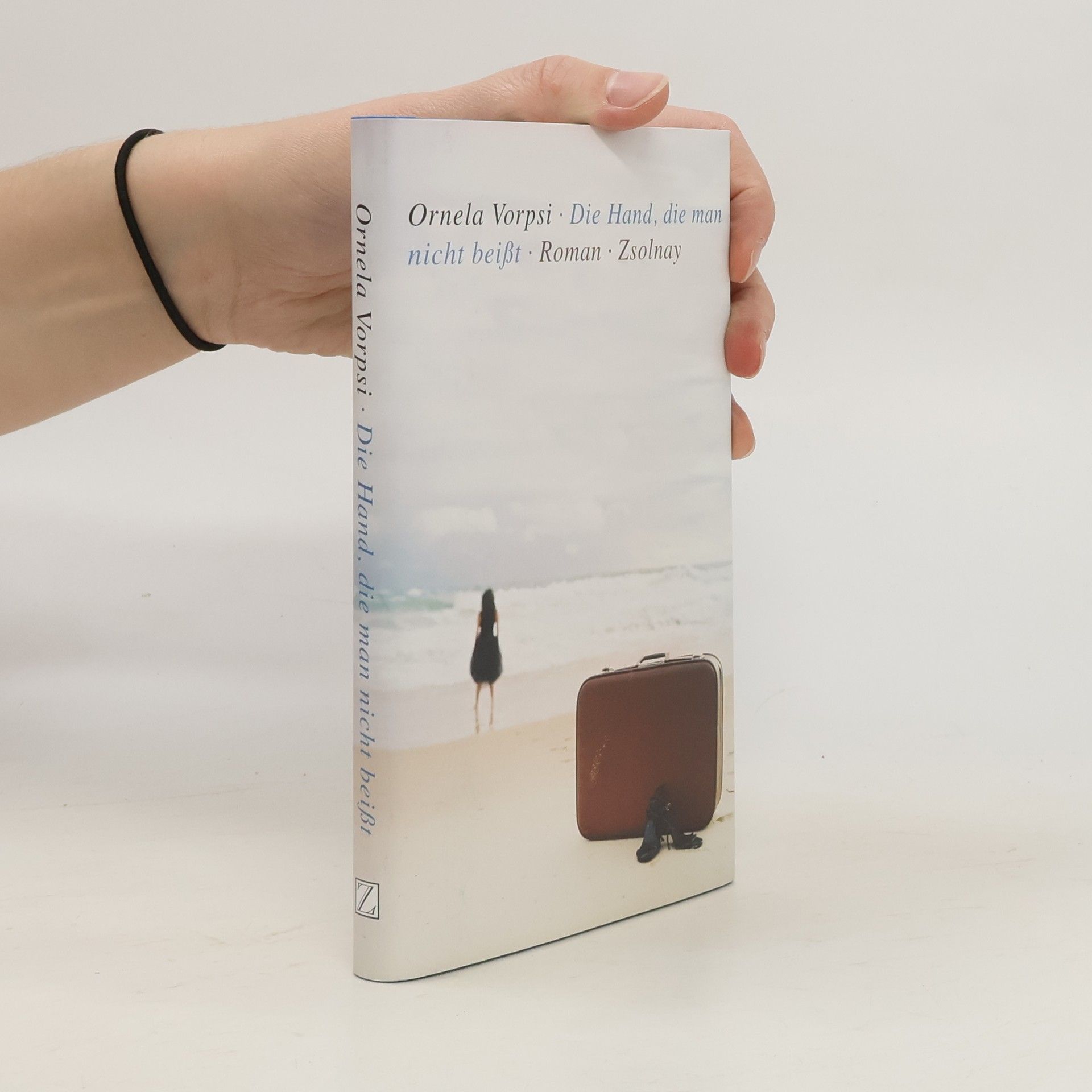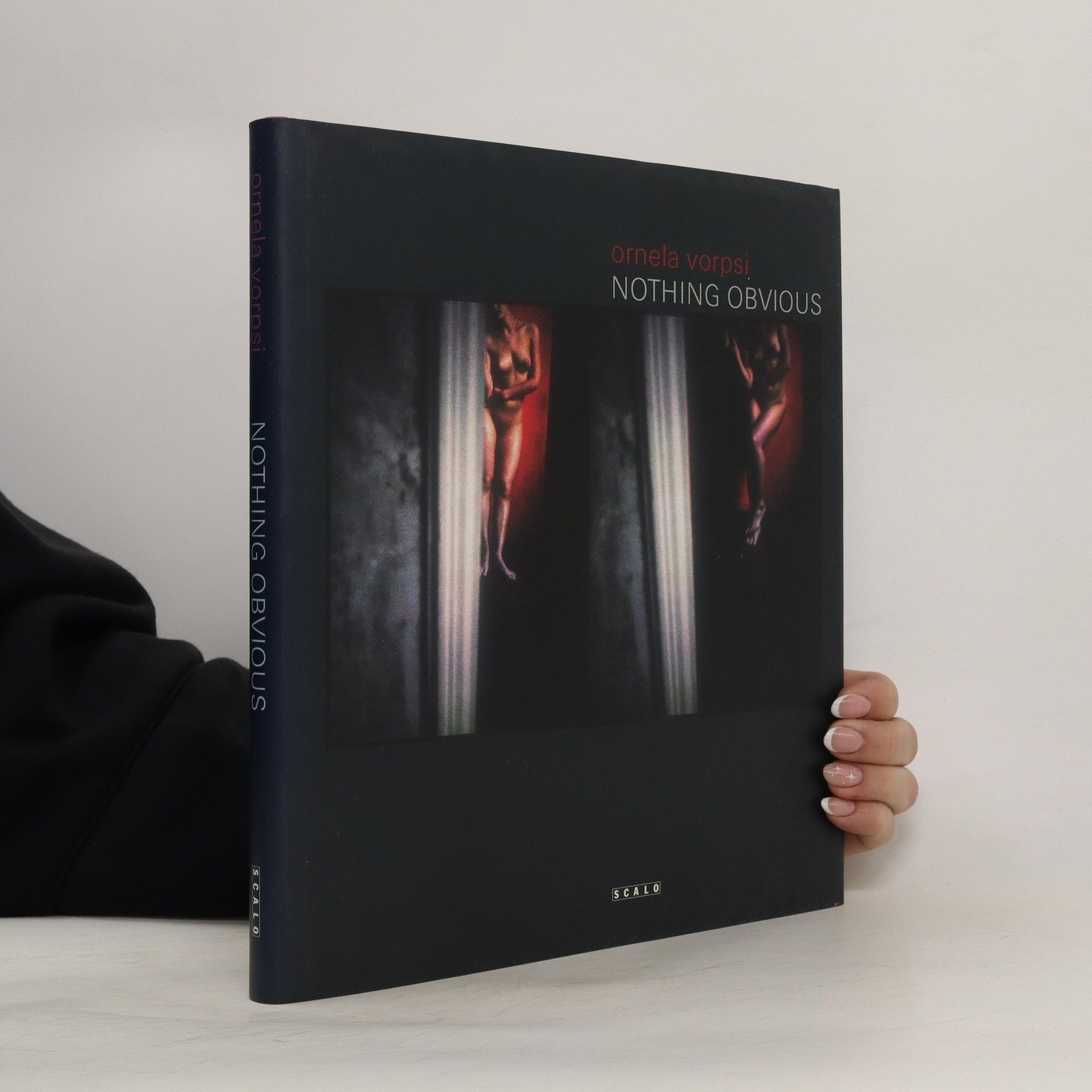Nothing Obvious
- 144 stránek
- 6 hodin čtení
A woman in a space, all by herself, encountering the ever-shifting boundaries between outside and inside, flesh and soul, present and past -- Ornela Vorpsi's photographs trace experiences of interior spaces, as seen from the outside, with a rare sensual precision. At a time when the faux-casualness of snapshot aesthetics has become the hallmark of authenticity, Vorpsi draws on her knowledge of painting and performance art to create intense tableaux -- erotic, existential, and pure. Vorpsi uses great skill to lay bare emotional abysses and intensities that few have the courage to face. Lush colors and harsh blacks and whites, the body's physicality and the inquiring mind's restlessness: Vorpsi seamlessly incorporates these apparent contradictions in her work, leading the viewer into a labyrinth of torments and desires. Vorpsi's use of photography and new media is not guided by the will to create yet just another cheap thrill. Her truly new and unique images, firmly grounded in her familiarity with art history, force us to face up to the erotic and spiritual crises of today.


